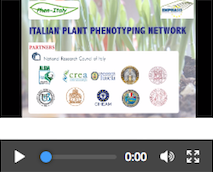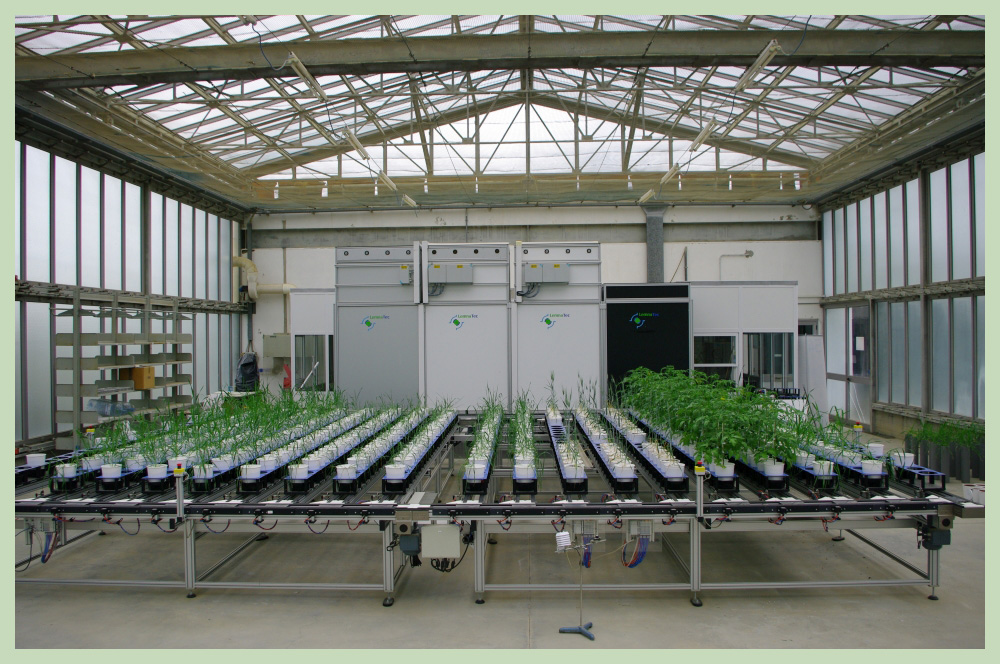March 2018 Plantae Seminar:
The Future of Phenomics-Enabled Biology: Key Takeaways from Phenome 2018
When: 12:00 PM EST (5:00 PM GMT), Tuesday, March 6
About This Seminar
Carolyn Lawrence-Dill and Joshua Peschel, members of the Phenome 2018 Organizing Committee, will discuss the key takeaways from the Phenome conference that was held earlier this month in Tucson, Arizona.
Phenome 2018 brought together a multidisciplinary community comprising ecologists, engineers, agronomists, computer scientists, and plant biologists. The conference program included preeminent speakers from Asia, Europe, and North America who joined participants in a rich and diverse networking environment designed to foster collaboration, innovation, and the initiation of multi-investigator and multi-institution projects. Phenome 2018 also served as a platform to generate greater understanding about plants and climate change.
Register Now
Registration is free and open to all | Space is limited to 200 attendees
SPEAKERS
Carolyn Lawrence-Dill Carolyn Lawrence-Dill
Associate Professor in the Genetics, Development, and Cell Biology Department
Iowa State University
Carolyn Lawrence-Dill´s work enables the use of existing and emerging knowledge to establish common standards and methods for data collection, integration, and sharing. Such efforts help to eliminate redundancy, improve the efficiency of current and future projects, and increase the availability of data and data analysis tools for plant biologists working on diverse crops around the world.
Joshua Peschel Joshua Peschel
Assistant Professor in the Department of Agricultural and Biosystems Engineering
Iowa State University
Joshua Peschel conducts research in Human-Infrastructure Interaction, a field of study he founded that focuses on the understanding, design, and evaluation of coevolving smart, sustainable, and resilient infrastructure systems. He broadly defines infrastructure to include agricultural, natural, and urban environments, and his work involves creating new technologies, data sets, and computational models for sensing and sense-making in these three very different but often interconnected system.




